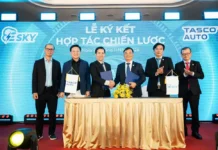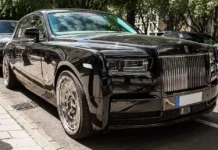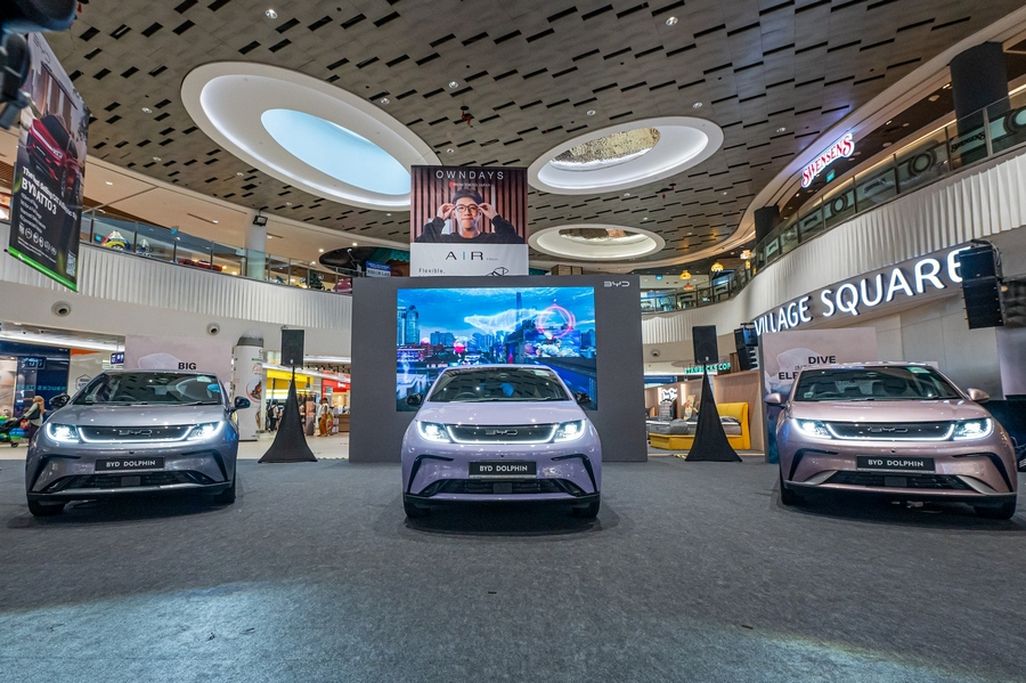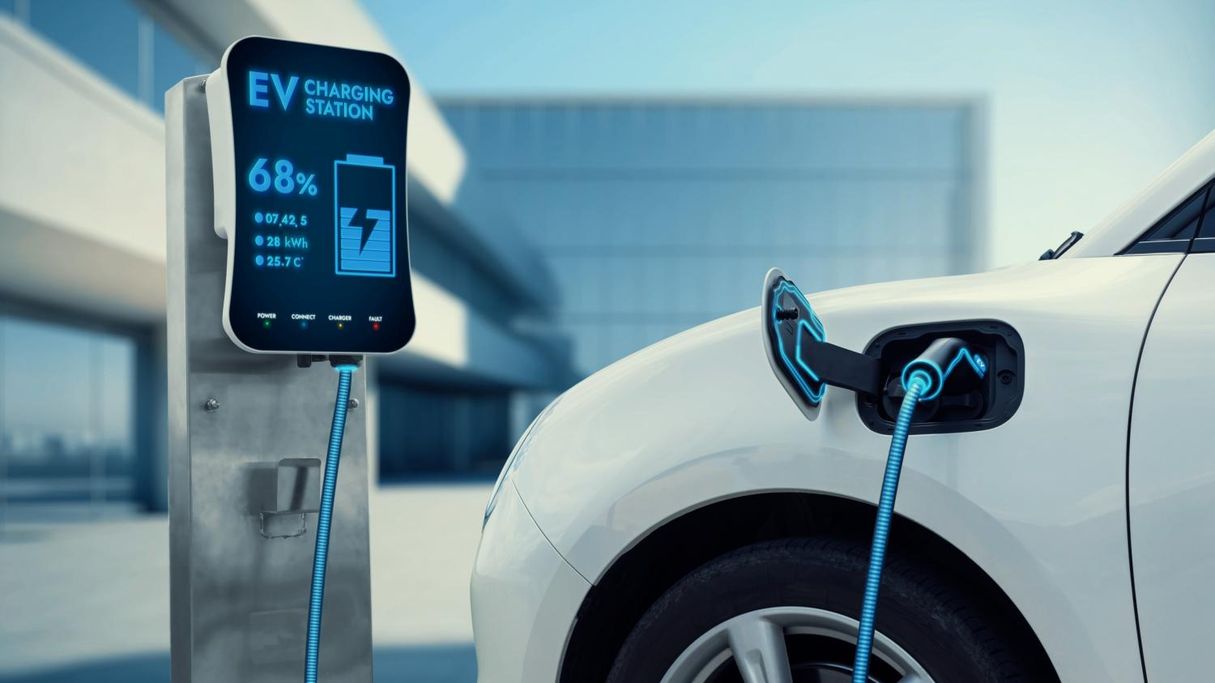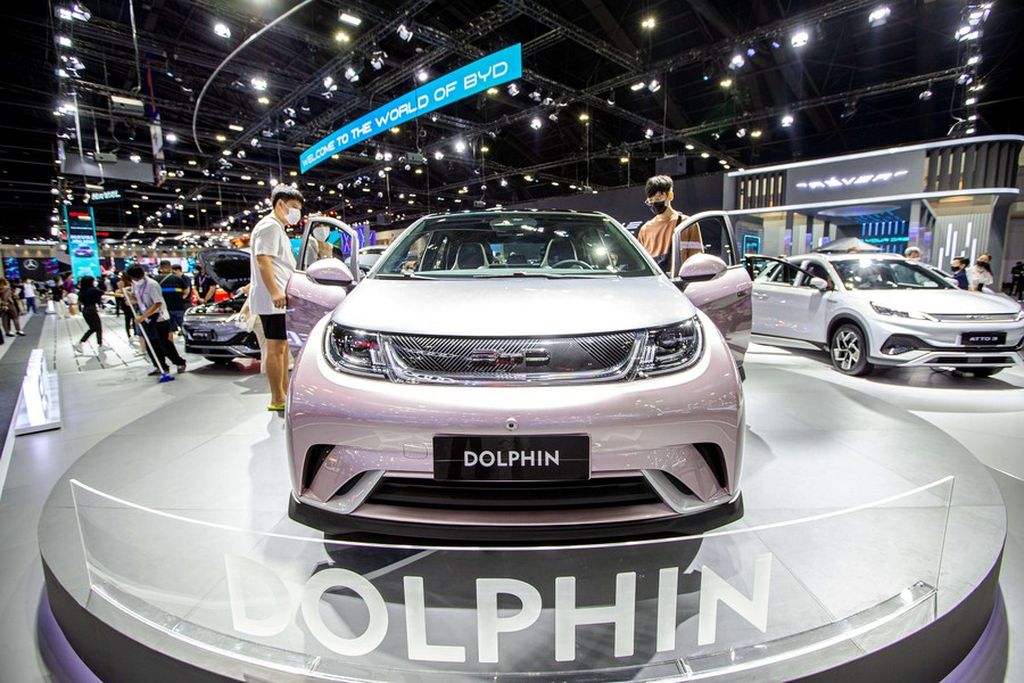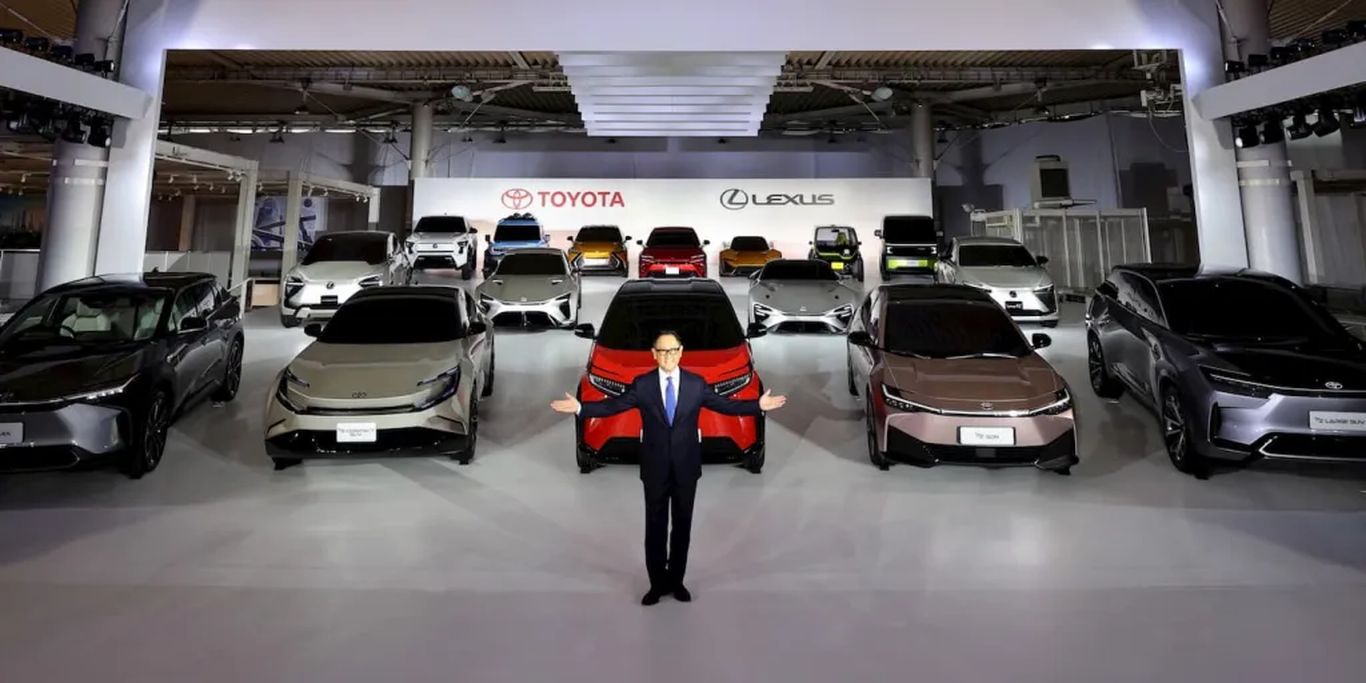The surge in supply has forced Thai auto parts suppliers and Japanese internal combustion engine automakers to cut production or shut down.
The Thai government has thrown its automotive industry into disarray by subsidizing Chinese electric vehicle manufacturers. According to industry figures, the oversupply in the electric vehicle market has led to a price war in the traditional car market, resulting in production cuts and factory closures.
According to the Thai Revenue Department, 185,029 electric vehicles have been imported since the Thai government launched its electric vehicle subsidy program in 2022. However, data from the Department of Land Transport shows that only 86,043 new electric vehicles have been registered, leaving at least 90,000 electric vehicles in oversupply.
“We are experiencing an oversupply of electric vehicles because a large number of electric vehicles have been imported from China in the past two years, and there is still inventory at the dealers,” said Krisda Utamote, President of the Electric Vehicle Association of Thailand (EVAT), in an interview with Nikkei Asia. “More and more Chinese electric vehicle manufacturers are investing in production in Thailand.”
Under the ASEAN-China Free Trade Agreement, the subsidy program began in 2022, offering a grant of up to 150,000 baht (~$4,600) per vehicle to make electric vehicles more affordable. The agreement also eliminated tariffs on imported Chinese electric vehicles sold in Thailand, provided that Chinese automakers manufacture a corresponding number of electric vehicles in Thailand to those imported since 2022. The production is set to begin this year, and the subsidized vehicles can be used for domestic consumption or exported.
According to Nikkei Asia, BYD, a Chinese automaker, has invested the most out of the six automakers that have participated in this incentive program. They reduced the price of their Atto 3 model by 340,000 baht (~$10,400), a 37% decrease from its original price of 899,000 baht (~$27,400). Neta, another Chinese electric vehicle manufacturer, lowered the price of its V-II model by 50,000 baht (~$1,500), equivalent to a 9% discount from its launch price of 549,000 baht (~$16,700).
BYD and other Chinese automakers are expected to have a combined annual capacity of 750,000 vehicles when their Thai factories are fully operational. However, none of them have indicated whether they will continue to offer such significant price reductions.
Sales of traditional internal combustion engine vehicles have declined since the implementation of the electric vehicle subsidy policy. Japanese automakers have been the most affected, as they produce about 90% of their vehicles in Thailand. The Federation of Thai Industries reported that 260,365 vehicles were sold in the first five months of the year, a 23% decrease compared to the same period in 2023, marking the lowest sales figure for the Thai automotive market in a decade.
Japanese manufacturers, which account for 90% of the market share in Thailand, have been hit the hardest, with several brands forced to cut production or close factories.
Honda Motor, the second-largest Japanese automaker, announced at the beginning of this month that it would stop vehicle production at its plant in Ayutthaya province in 2025 and consolidate operations at its plant in Prachinburi province. This move is part of a plan to reduce annual production in Thailand to 120,000 vehicles, down from 270,000.
Other Japanese manufacturers are also halting production. Subaru has announced that it will stop vehicle assembly in Thailand by the end of this year, and Suzuki will follow suit in 2025.
Thai auto parts suppliers are also suffering. “Parts orders have decreased by 40% this year,” said Sompol Tanadumrongsak, President of the Thai Auto Parts Manufacturers Association, to Nikkei Asia. Mr. Sompol added that each vehicle assembler has “cut capacity by 30% to 40% this year.”
Despite the pressure on traditional automakers and parts suppliers, the Thai government shows no signs of changing its policy direction.
“We are pleased that more Chinese electric vehicle manufacturers are investing in Thailand because it reflects their confidence in our electric vehicle support policies,” said Narit Therdsteerasukdi, Secretary-General of the Thailand Board of Investment, last week at the opening of a factory operated by Chinese electric vehicle manufacturer GAC Aion. “However, it would be great if you could support our parts manufacturers by using some auto parts produced by Thai companies.”
TT (Translated)





